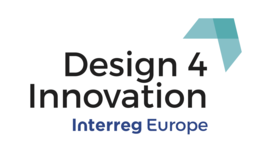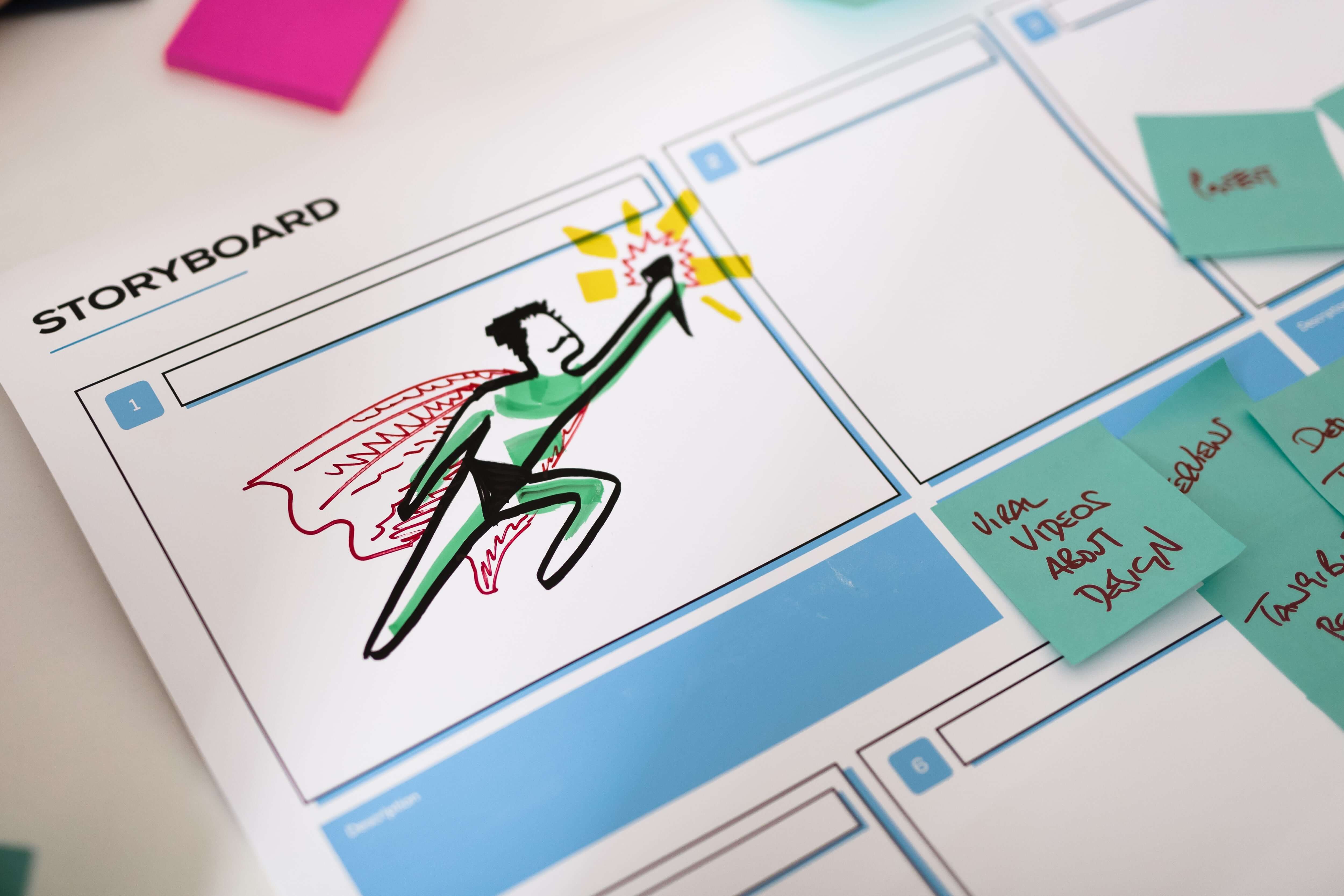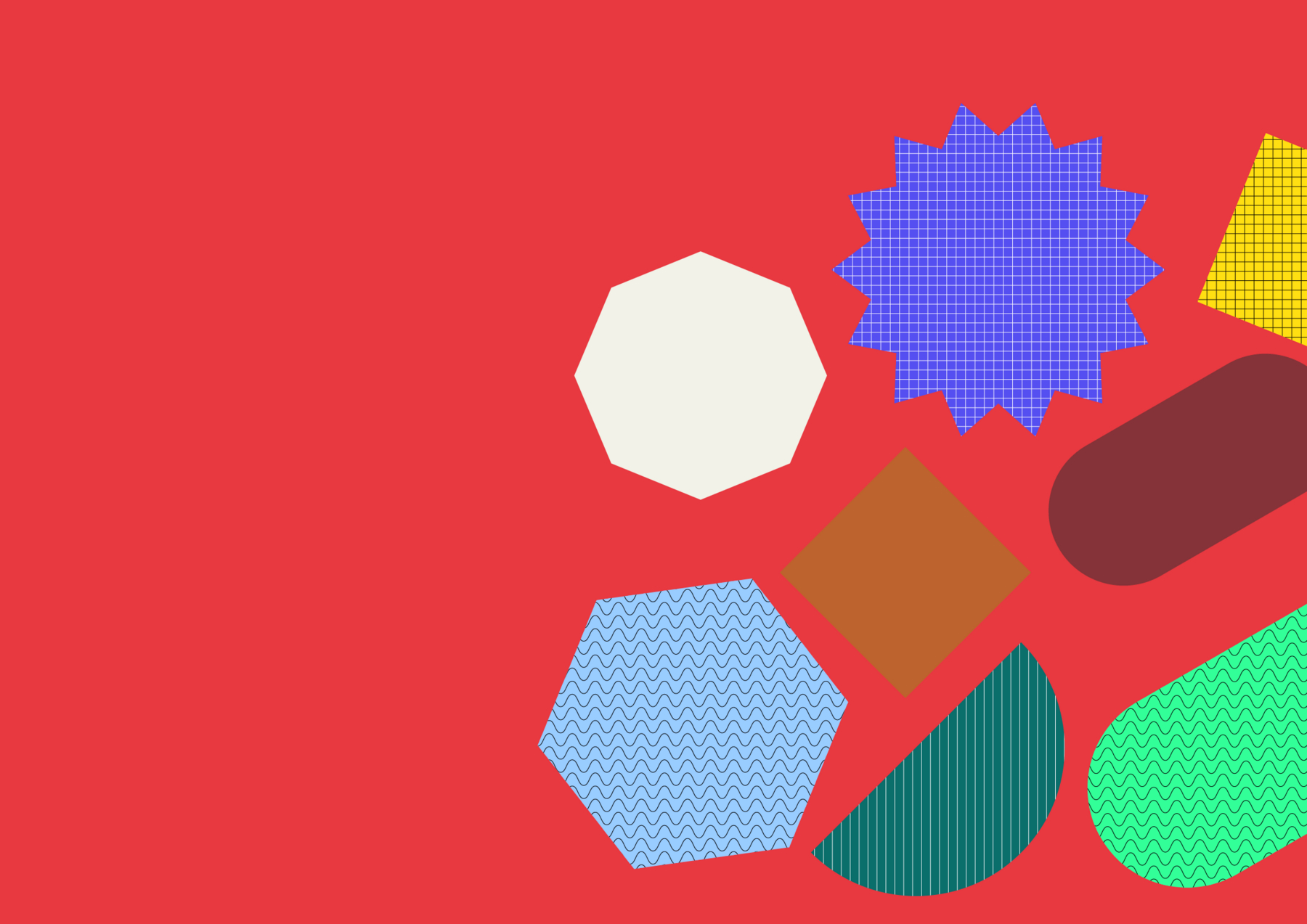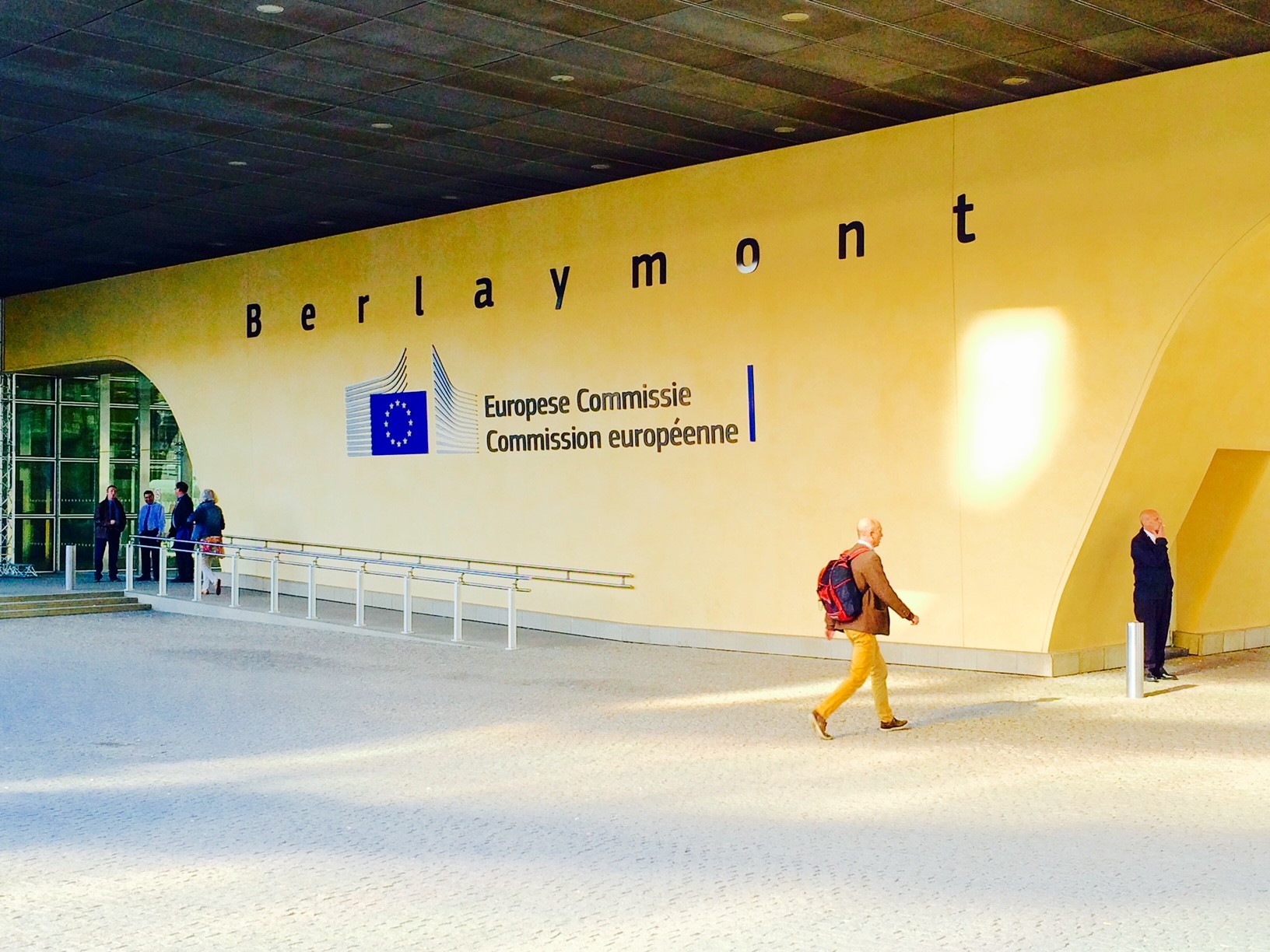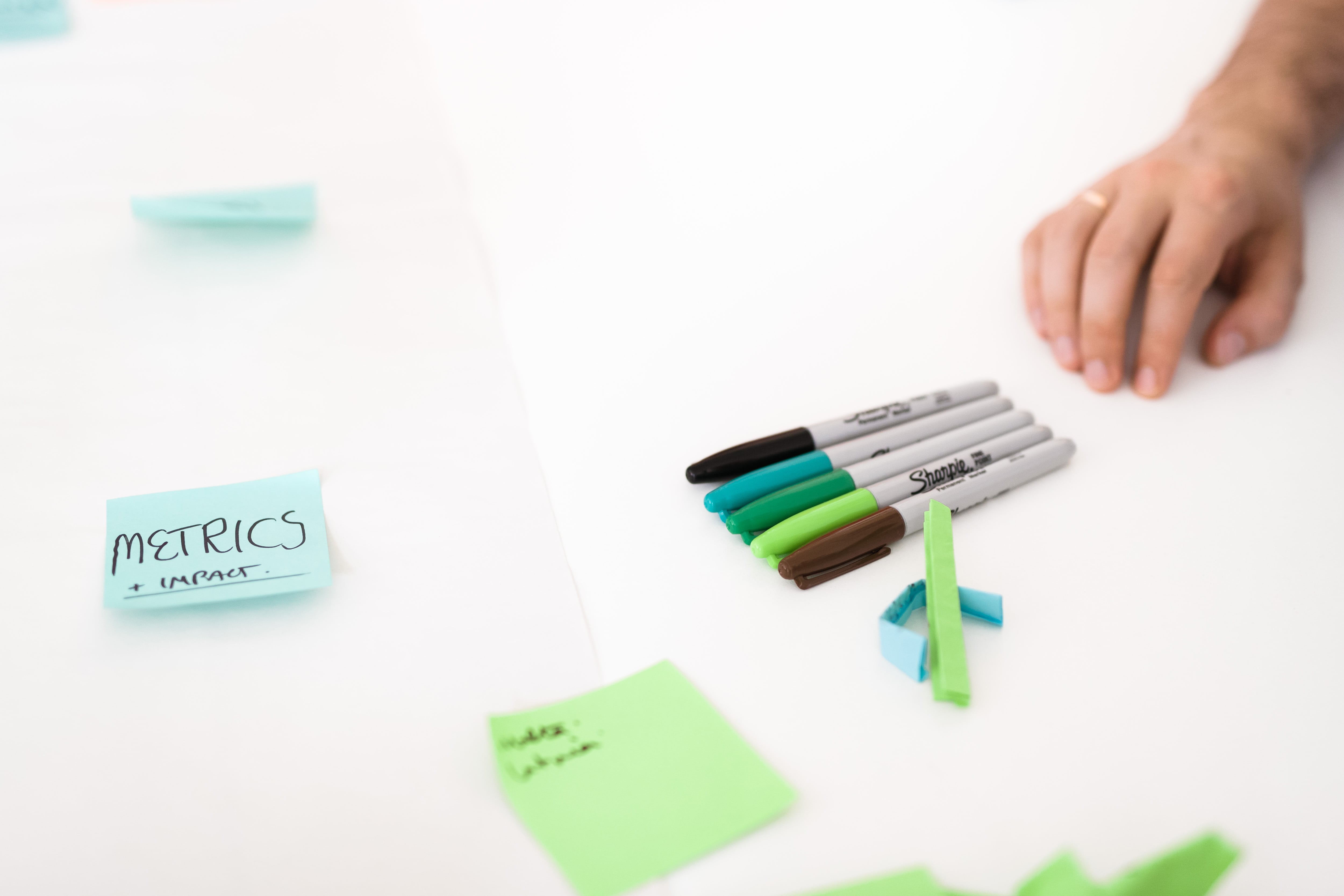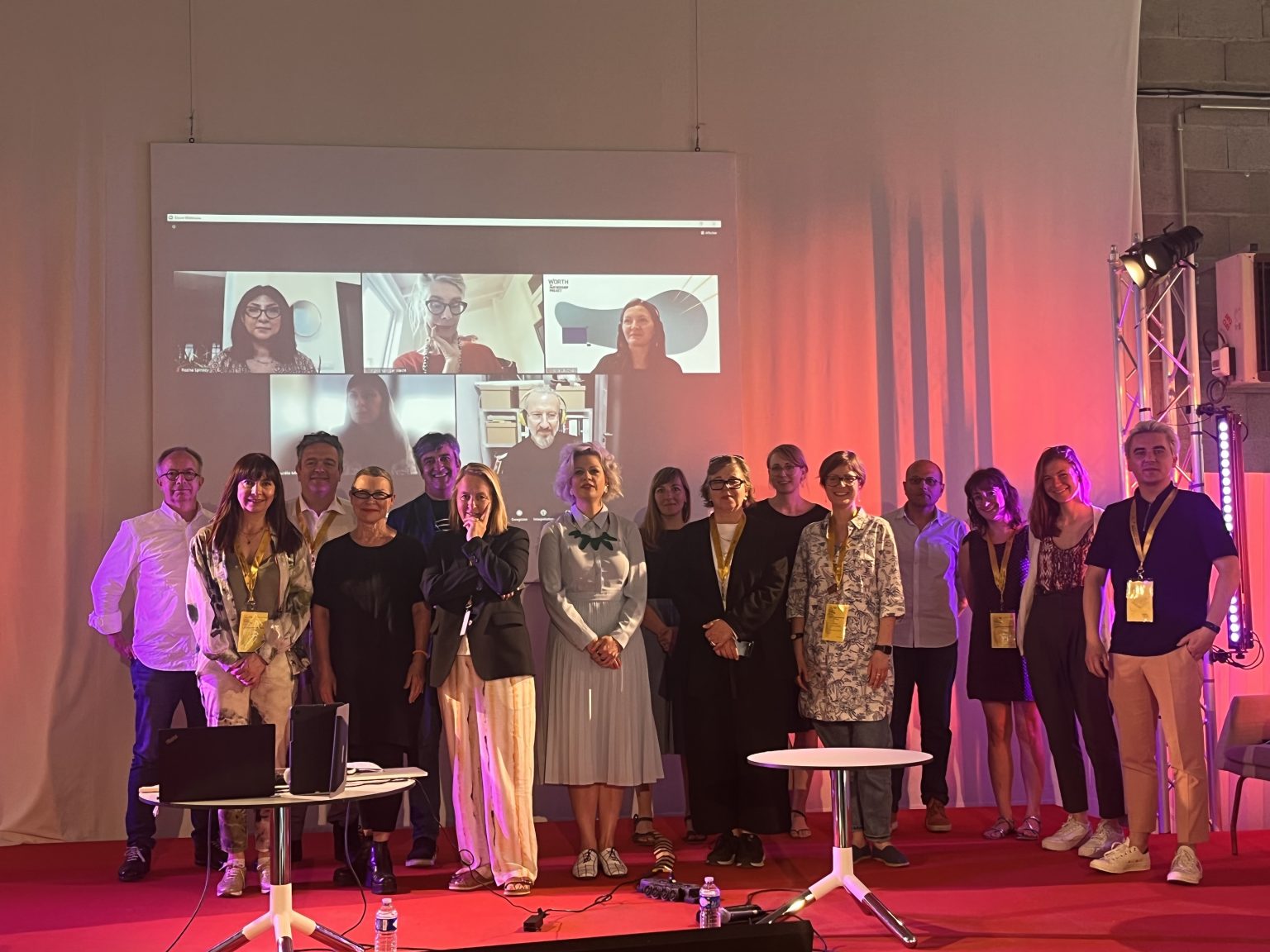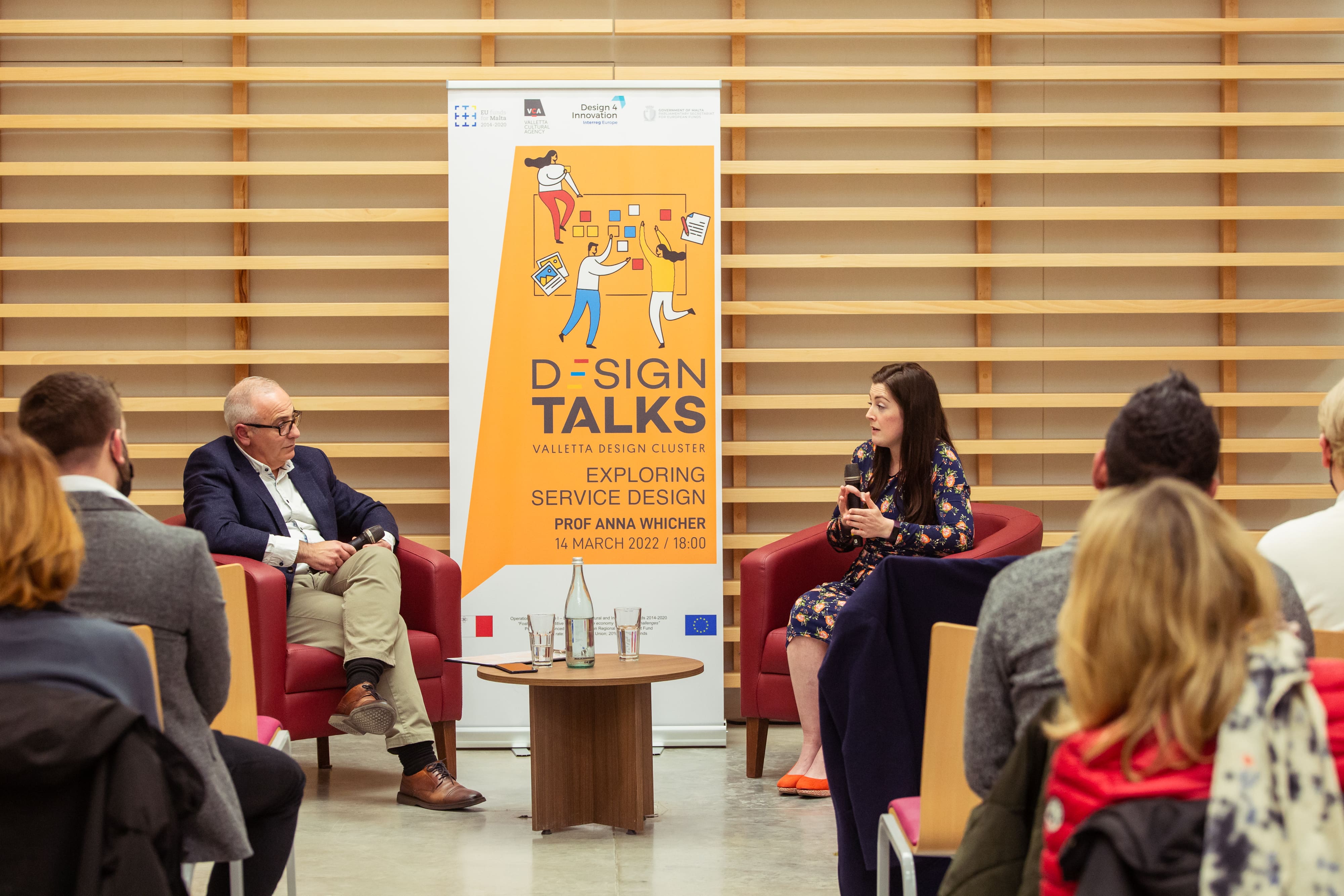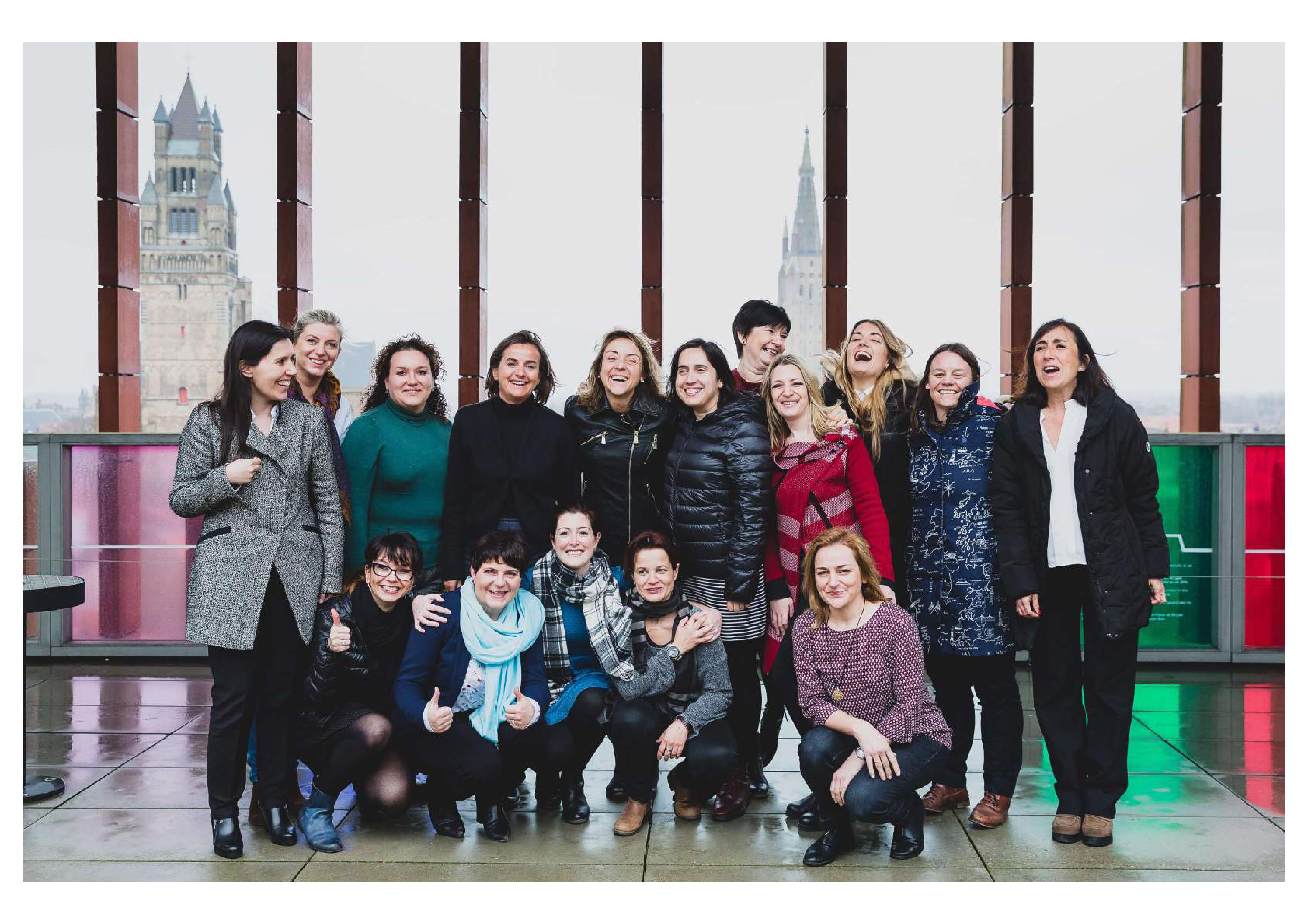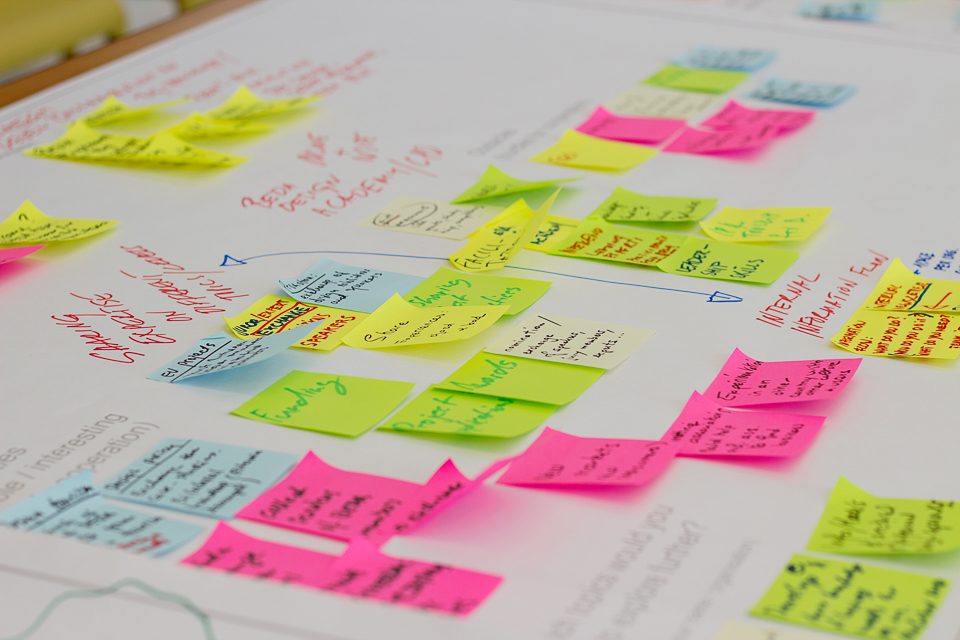Caldon Mercieca, manager at the Valletta Design Cluster within the Valletta Cultural Agency, talks about the relevance of design practices in everyday life, and underlines how Design4Innovation is having impact in the Maltese context.

Why is design important in everyday life?
Traditionally design is looked at as a specialist area made of designers who practice in the field of design, but at the Valletta Design Cluster we understand design in a wider sense: as an inclusive and creative problem-solving technique. Inclusive, because it is a user-centred practice that addresses concrete problems that people face on an everyday basis. Design directly links to decisions which have implications on public services, such as health, education, waste management and other public policy areas; services offered by businesses, in terms of how to develop a product, service or how to improve a process within a company to address the needs of the customers in a better way, by putting the customer in the centre. It can also be used in the interactions within the social, urban and business environments.
Basically, we look at design in an inclusive way, as a necessary technique and method to solve problems that are relevant for people’s lives.
Why is supporting SMEs important and how does this apply to with the Maltese context?
The local context is in a way similar to the international context: there are a lot of micro- and nano-enterprises in Malta and, as regards the design sector, around 40% of these are one-person enterprises. This implies that operators have very limited HR resources and can rely on a very limited workforce; hence the need to support SMEs through ad hoc schemes and programmes. It is important to note that support cannot only be financial, but can also include networking opportunities at a local and international level and in-kind support of time, expertise and facilities.
How has Design4Innovation had an impact on the Maltese design ecosystem and how will it contribute to change?
The Valletta Design Cluster project engages with several stakeholders. During the first semesters of the project, we managed to bring different operators around the same table, including practitioners active in the design sector and representatives from educational institutions, government entities and firms to work together on a mapping exercise to have a clearer picture of what the design ecosystem looks like, who the key players are and what their activities are. This work was key to understand which areas in the sector need particular attention to encourage development and improvements.
The implementation of the Valletta Design Cluster project will be key in further facilitating the exchange among different actors in the Maltese and international design sectors: the project will serve as a platform for the empowerment, growth and networking of people coming from different backgrounds who believe in co-working and exchanging to achieve goals and reach new targets.
Read the rest of this interview here

